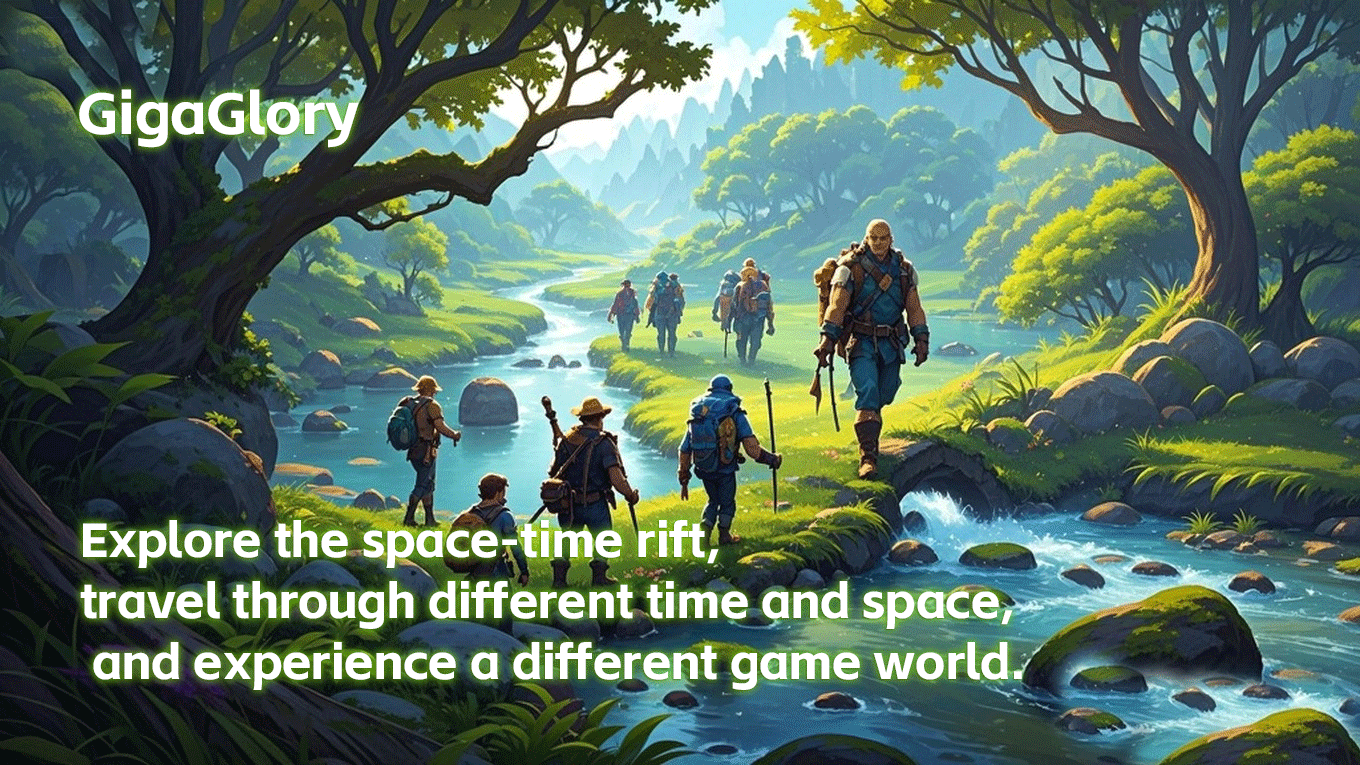Why Building Games Are Transforming the Landscape of Business Simulation Games
In recent years, building games have risen to popularity, reshaping various gaming genres, particularly business simulation games. These games not only entertain but also encapsulate learning elements that appeal to players of all ages. They're not just for the hardcore gamers anymore; they have entered the mainstream market. This article explores how building games are transforming the dynamics of business simulations.
The Allure of Building Games
What is it about building games that make them so attractive? Perhaps it’s the blend of creativity and strategy. Players are given the tools to create their own worlds, manage resources, and build empires. The sense of accomplishment from constructing something from scratch is both rewarding and engaging.
- Encourages creative thinking
- Enhances strategic planning skills
- Provides endless customization options
Moreover, the introduction of elements from fun ASMR games has added a sensory experience. These games incorporate soothing sounds and visuals, which facilitate a calming gameplay environment. They make even the most complicated decisions feel a bit more enjoyable.
Integration of RPG Elements in Building Games
Beyond just construction and management, many building games have integrated features from RPG games from 2010 and onward. The blend offers a layered experience that has attracted millions.
| Feature | Traditional Building Games | Modern Building RPG Games |
|---|---|---|
| Player Interaction | Limited | Active Multiplayer |
| Story Development | Minimal | Rich Narratives |
| Customization | Basic | Advanced Options |
This shift not only enhances gameplay but also keeps players engaged over a longer time. Players find themselves invested in their in-game characters and their stories, thereby fostering a stronger connection to the game.
The Business Simulation Revolution
The business aspect has seen a significant evolution as well. Players are no longer just simulating tasks; they're learning fundamental business principles without even realizing it. Through these games, players are making real-level decisions that affect their virtual economies. Here are some critical takeaways:
- Resource Management: Players learn to balance budgets, invest wisely, and maximize output.
- Supply Chain Dynamics: Understanding logistics and supply chains becomes intuitive in a gaming context.
- Collaboration: Many of these games require cooperative gameplay, enhancing team-building skills.
Conclusion
As we've seen, building games are not just a fad; they're transforming the landscape of business simulation games in profound ways. With their focus on creativity, economic strategy, and a touch of role-playing elements, these games are captivating the next generation of players. They blend entertainment with education seamlessly, making learning the complexities of business both fun and accessible.
FAQs
1. What are building games?
Building games are interactive platforms where players construct and manage their virtual worlds, emphasizing creativity and strategy.
2. How do building games enhance business skills?
They involve decision-making, resource management, and strategic planning, which are crucial skills in the business world.
3. Why are RPG elements important in building games?
RPG elements add depth to the gameplay, enhancing player engagement through storytelling and character development.
In summary, the evolution of building games is a fascinating journey fueled by creativity and a quest for knowledge in the business realm. As players dive deeper into these virtual worlds, they are unknowingly equipping themselves with skills that extend beyond the screen.



